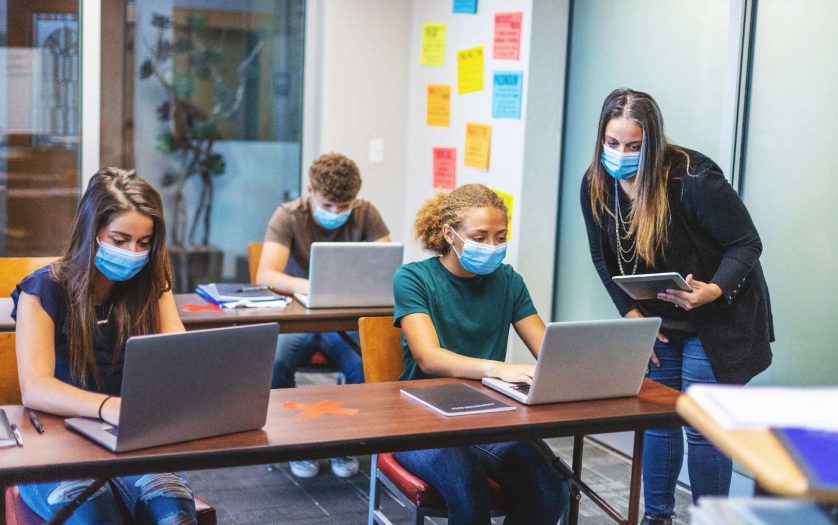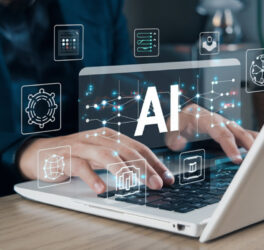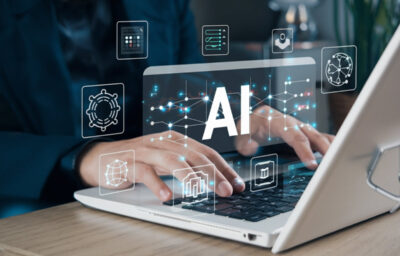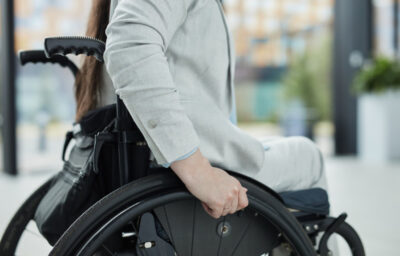
Bookshare, a division of U.S. nonprofit Benetech, is an ebook library that provides customized reading devices, such as ebooks in audio, audio + highlighted text, braille, large font and other customizable formats, to people with reading related disabilities.
With almost a million titles in 63 different languages, Bookshare has delivered over 19 million ebooks to more than 850,000 members worldwide. It also supports accessible libraries for across the globe, including Canada, the UK, Ireland, South Africa, Saint Lucia, and Australia.
Membership to Bookshare is free for U.S. students who are blind, have dyslexia, cerebral palsy, those who cannot physically hold a book due to a physical disability, and other vision and perception related disabilities.
From December 2020 to January 2021, Bookshare surveyed 840 special education and general education teachers, and reading specialists, from all 50 U.S. states, that teach over 10,000 students who experience reading barriers.
The teachers were asked about their experiences supporting these students in remote learning during the COVID-19 pandemic.
Brad Turner, Vice-President and General Manager of Global Education and Literacy at Benetech, said they were hearing many stories of students with disabilities being left behind in this new learning atmosphere.
“We wanted to understand the impact that it could have on students with reading barriers, who typically receive more supports and in-person resources than their peers. We conducted this survey to better understand how teachers who support students with reading barriers were feeling about their students’ learning at the midpoint of the 2020-2021 school year,” Turner said.
The survey results were eye-opening:
- Less than half of teachers feel that their students with reading barriers have been able to adequately read and learn.
- Only 47% of teachers surveyed reported that their students were able to adequately read and learn. They rated access to technology, internet at home, and books in accessible formats as the top three factors for students ability to learn.
The findings also revealed that access to technology is of utmost importance for students with reading related disabilities.
- Only 28% of teachers who did not believe that their students had sufficient access to technology felt that they were adequately meeting their students’ Individualized Learning Plans (ILPs).
- 22% did not believe that their students had sufficient access to technology. Of that 22%, only 17% of teachers felt that their students were able to adequately study and learn.
- Alternatively, 74% of teachers who believed that their students had sufficient access to technology felt that they were adequately meeting their students’ ILPs.
Reacting to the findings, Turner stated, “While we knew that access to technology is important for students with reading barriers, we were surprised to see it figure so prominently in our survey. Very few teachers who felt that their students did not have access to technology said that their students were reading and learning, and that they were able to meet their students’ individualized learning plans.”
As to what Bookshare plans to do with the survey results, “First and foremost, these findings help us better serve students with reading barriers and the teachers and parents who support them. We’re also using these findings to advocate for more accessible resources for students with reading barriers, and raise awareness about the challenges and successes of teaching and learning during the pandemic,” Turner said.
Listen to a conversation discussing the findings, between Turner and Larry Jacobs of American Consortium for Equity in Education on his Education Talk radio podcast.








